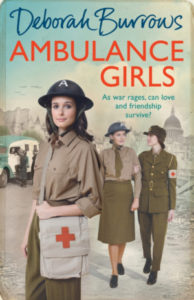Recently we celebrated Father’s Day in the UK. In Australia it is celebrated on the first Sunday in September.
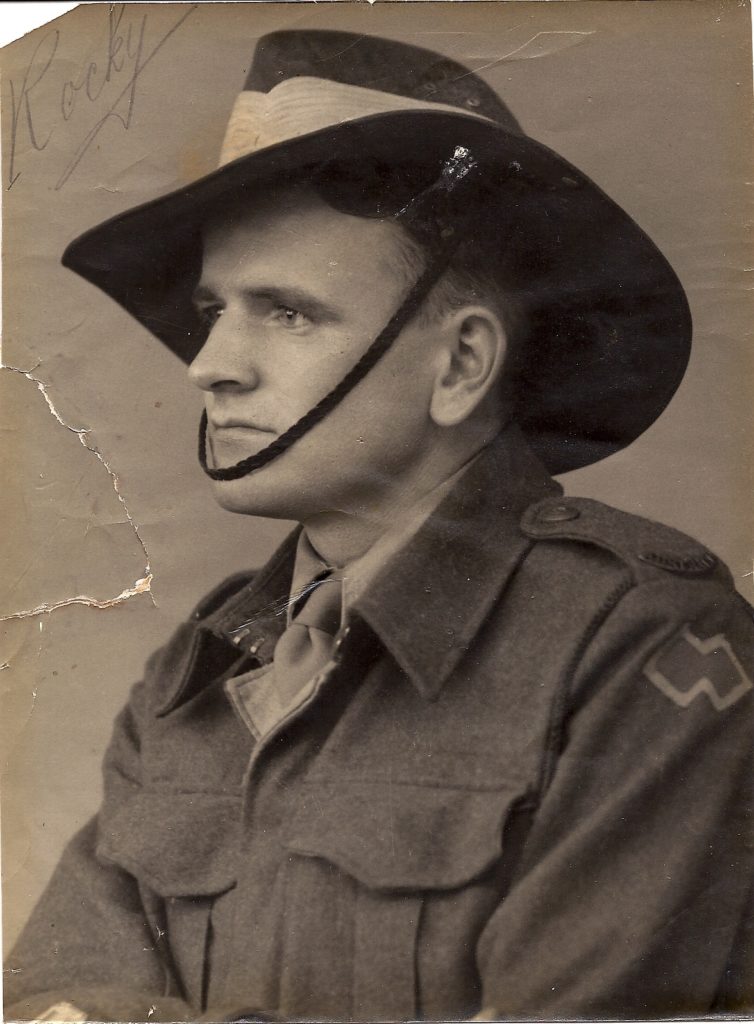
I have one memory only of a Father’s Day spent with my father. That year it was also his birthday and I remember telling people in our street about this amazing coincidence.
It was Sunday 1 September 1963 and I was four and a half years old. My handsome war hero father with the Errol Flynn moustache had just turned 42.
Seventeen days later he was dead.
His experiences during the war as one of the 2nd Independent Company (later the 2/2nd Commando Squadron) had caused in part his fatal heart attack.
The story of the 2/2nd is a compelling one. When the Japanese invaded Timor in February 1942 the commandos were wholly cut off from supplies and support from Australia and massively outnumbered, but they continued to fight.
Little known but great in spirit are the men of Timor. They alone did not surrender.
Winston Churchill
I have Dad’s war diary, which gives me a tangible link to the events.
My father, Jefferson Williams, was nineteen when he joined the Australian Army on 21 May 1941. While still in army training camp he was intrigued by a call for soldiers to join a secret group.
It was voluntary to join and its secretness aroused my curiosity and I joined. We were not told anything other than we were to receive special training.
The special training took place at the Guerrilla Warfare Camp in Victoria. Dad spoke of forced marches in the mountains, wading through swift rivers with a full pack held above his head. He learned unarmed combat, sharp-shooting and living off the land. All these skills later allowed him and his mates to survive against the odds.
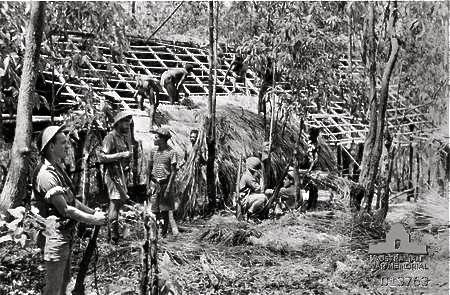
Timor lies only around 400 nautical miles from the Australian coast. Fearing the Japanese advance, Pacific Command sent the 2/2nd to Timor on 8 December 1941 as part of “Sparrow Force”.
Singapore fell on 15 February 1942. The commandos grimly prepared for Japanese invasion by burying stores of ammunition and other equipment at secret dumps and walking barefoot to toughen their feet against the day their boots gave out.
Four days later, 6,000 Japanese troops landed on east and west Timor.
The following day, Dad wrote in his diary:
This morning looking out to sea, we behold 4 ships. So far, their identity is unknown.
Then:
They were Japanese ships. 2 Destroyers and 2 transports.
At 1400 hours:
The Japs have taken Dilli. There are 5,000 Japs in Dilli ... This morning ... 14 men of 7 section and two others went into Dilli in the utility truck. The worst is feared for these men, also Pinocchio, the motor bike mechanic [who] passed us bound for Dilli. He is gone, I think. We are back in the mountains. ... “A” Platoon is, or was, down on the aerodrome. I wonder what has become of them. There are some Japs in the hills looking for us. They will have a job getting us.
That last sentence was quite the understatement.
Some days later Dad wrote:
The 16 men who went into Dilli by truck were tied up and machine gunned. 2 escaped. One is nearly dead and the other wounded but OK.
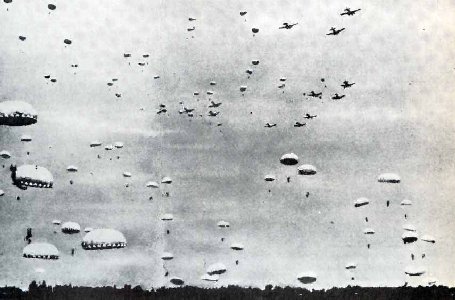
The massacre of the men on the utility truck was one reason why the 2/2nd never considered surrender. All the other Australian forces on the island did surrender (after brave and intense fighting), although some of the 2/40th joined the 2/2nd in the hills.
Numbering around 300, the Australians faced a force of 6,000 Japanese. But morale was high, they had a large reserve of ammunition and they were specially trained for commando-style operations. Without realising it, these “men of Timor” had become the only Australian force still in action in enemy territory after the Japanese conquest of south-east Asia.
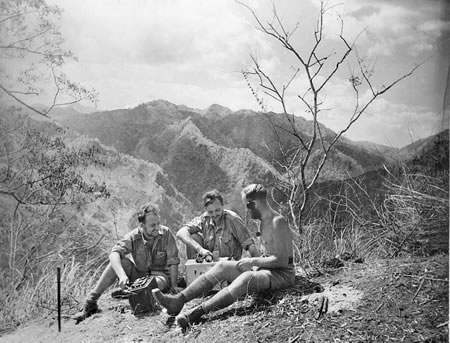
Australia thought they were all dead or captured. Eventually, they cobbled together a wireless transmitter (“Winnie the War Winner”) on the back of a kerosene tin and on 19/20 April 1942 they radioed Northern Force HQ in Darwin.
At first it was thought to be a Japanese ruse. HQ asked questions: could Captain Parker provide the street number of his house – “yes, 94”; could Jack Sargeant give his wife’s name – “yes, Kathleen”. Then:
- “Sparrow Force, what is your situation?“
- “Force intact. Still fighting. Badly need boots, quinine, money, and Tommy-gun ammunition.“
The news that the 2/2nd was intact and still fighting the Japanese was tremendously valuable, both strategically and in terms of morale for Australia. It arrived at the country’s darkest hour, after Japanese victories in Malaya, the Philippines, Rabaul and the Dutch East Indies. The small band of ill and war-weary men became overnight heroes.
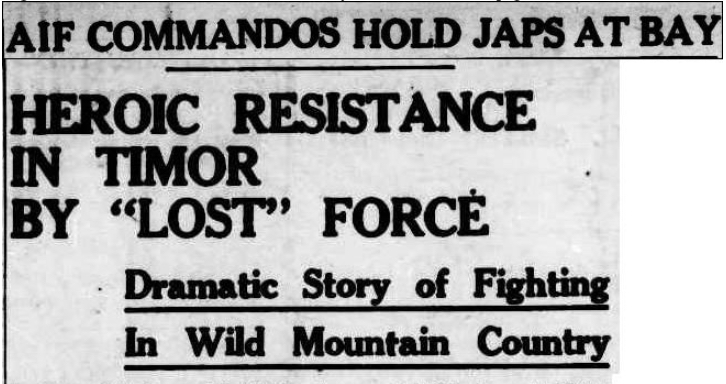
More importantly, they received supplies by parachute and boat.
Today we were issued with the first lot of comforts which are very few, but very nice. I received 1 tooth brush, cake soap, handkerchief, 1 ounce tobacco, 1 pkt papers, and some shaving soap. As we were out of everything, I also received a pair of boots. All these things were dropped by parachute.
Sailors who delivered supplies at first assumed the gaunt, haggard, bearded men dressed in rags were local mountain tribesmen, not Australian soldiers.
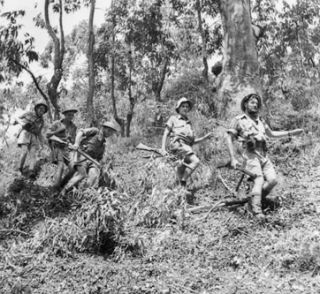
These men drove the Japanese forces to desperation by inflicting damage on them wherever and whenever they could.
General MacArthur ordered the 2/2nd to remain on Timor and continue the campaign of ‘harassment and sabotage’ against the Japanese. Despite battle-wounds, malaria, beri beri, dystentery and other tropical ailments, they did so.
The natives around Dilli say we are Lubic (Gods) and we come up out of the ground, kill Japs and then disappear back into the ground. It must seem like that, as in the last 6 raids, not one Jap has seen an Australian. The natives say that the Japs are pretty scared of the Australians.
On 1 September 1942, Dad turned 21.
We now have prices on our heads. A private is worth $50, 2IC $500, Major Spence and the Colonel $5,000. $1.00 is worth 1/8, so we are pretty valuable. The Japanese are offering this to the Timor natives for each Australian they capture, dead or alive.
By November 1942, the 2/2nd, reinforced with the 2/4th Independent Company from Australia, numbered only 700 men, and yet were able to tie down over 30,000 Japanese soldiers.
But when the Japanese began exacting savage retribution on any Timorese who helped them, the situation became untenable. In late December 1942, the commandos were ordered home.
The Timor commandos played a crucial role in the war, by tying up thousands of seasoned Japanese troops while the battle for Kokoda hung in the balance.
By the end of the war, the 2/2nd had been in contact with the enemy longer than any other unit in the Australian Army.
As my father said to renowned documentary film maker, Damian Parer, who filmed Men of Timor in November 1942:
There’s no doubt we’ve got the pick of Australia in this bunch. It’s not just because I’m one of them myself.
jefferson williams



